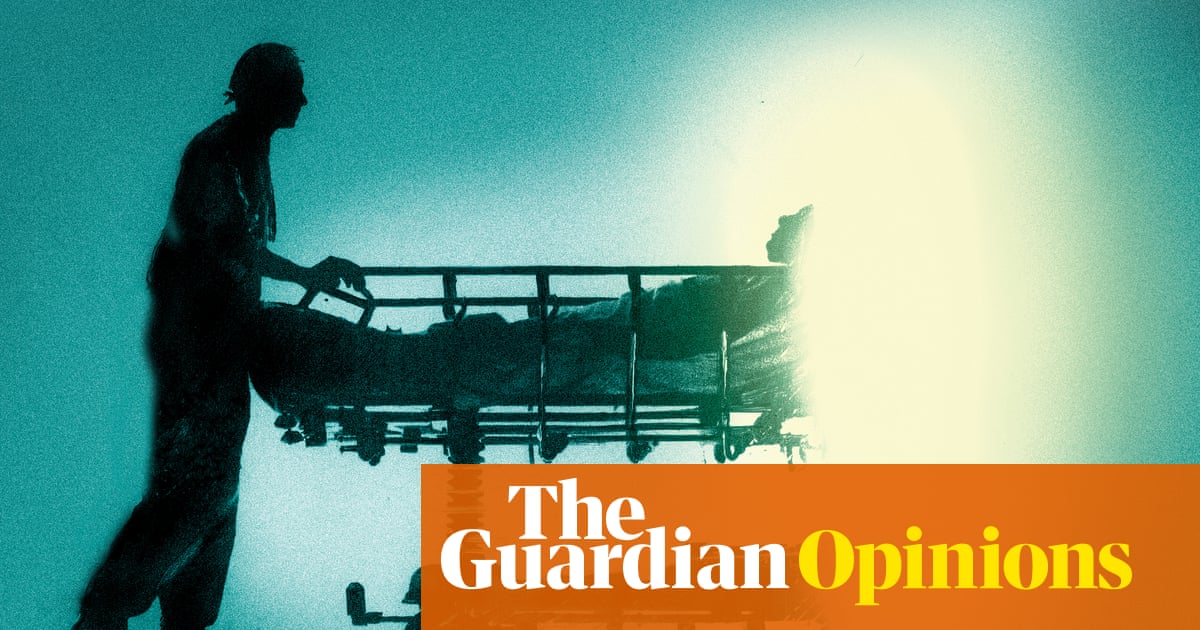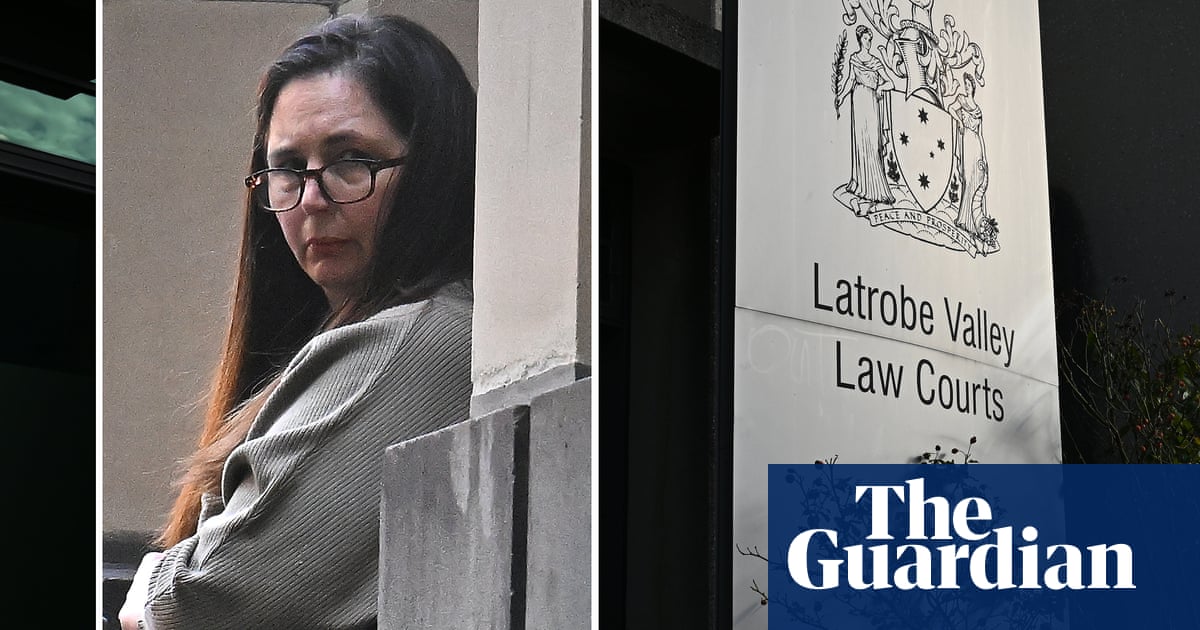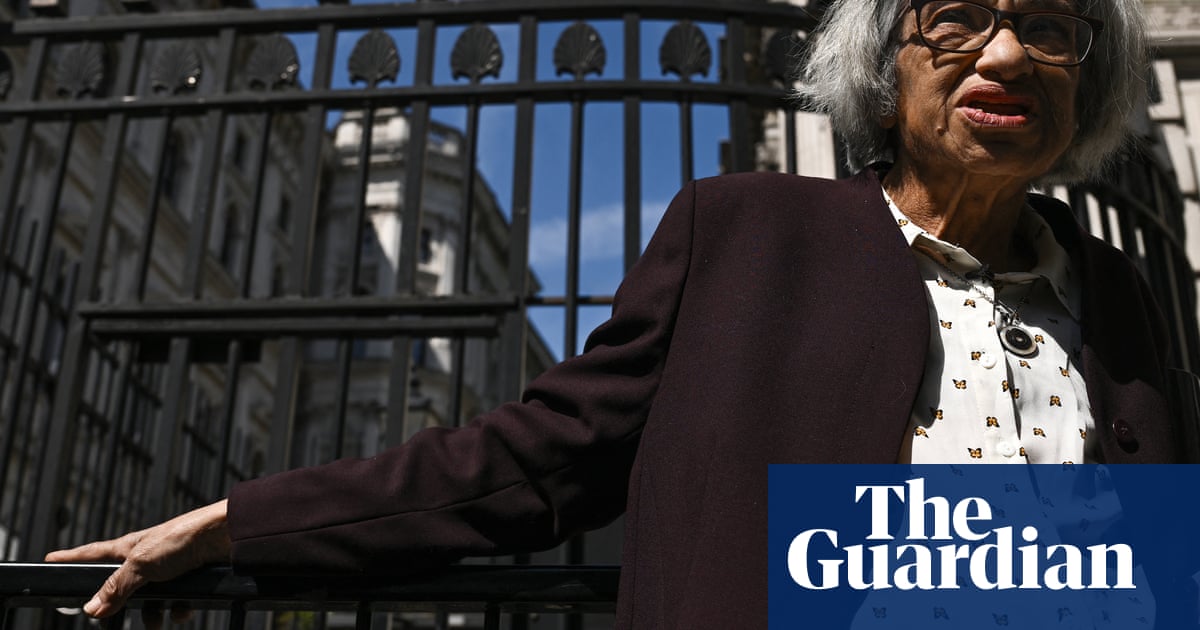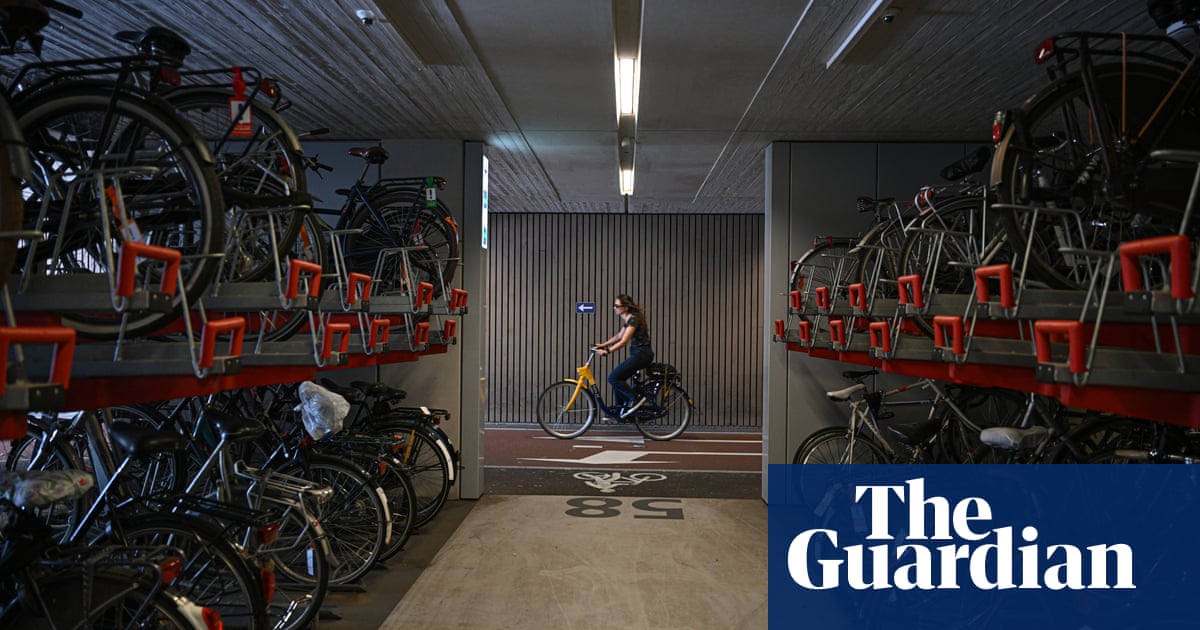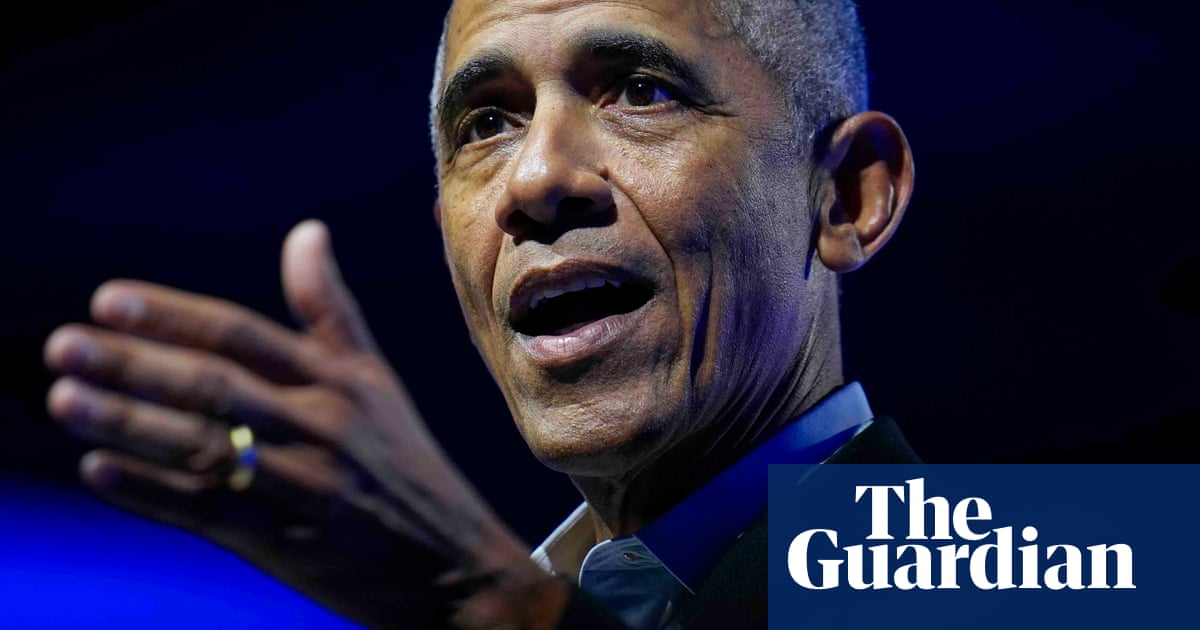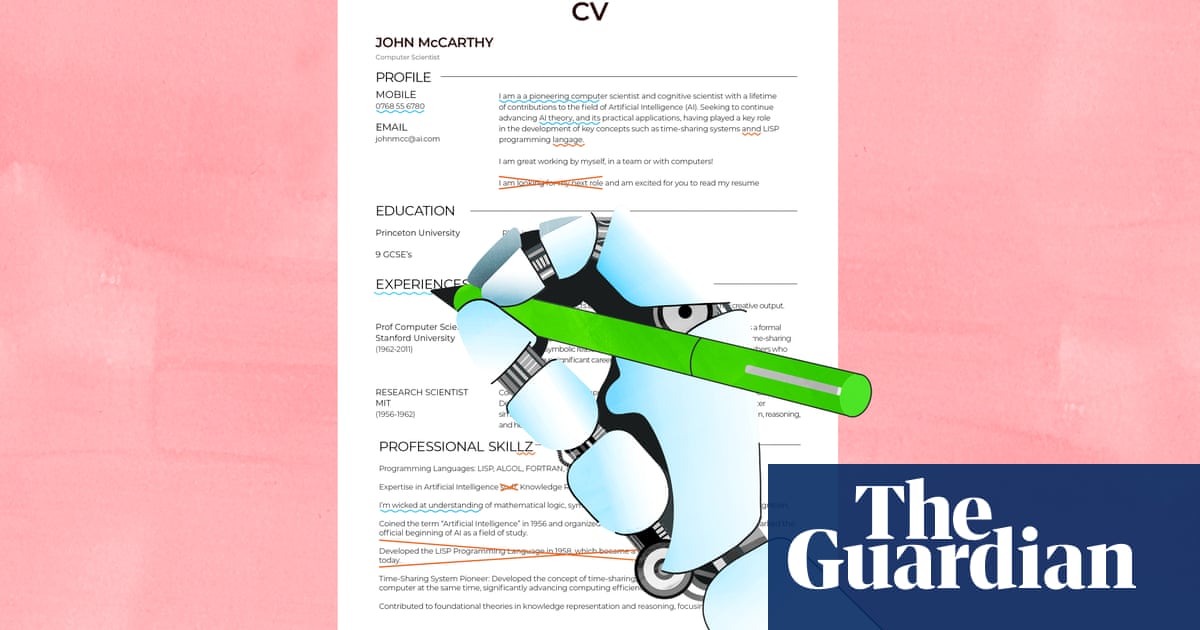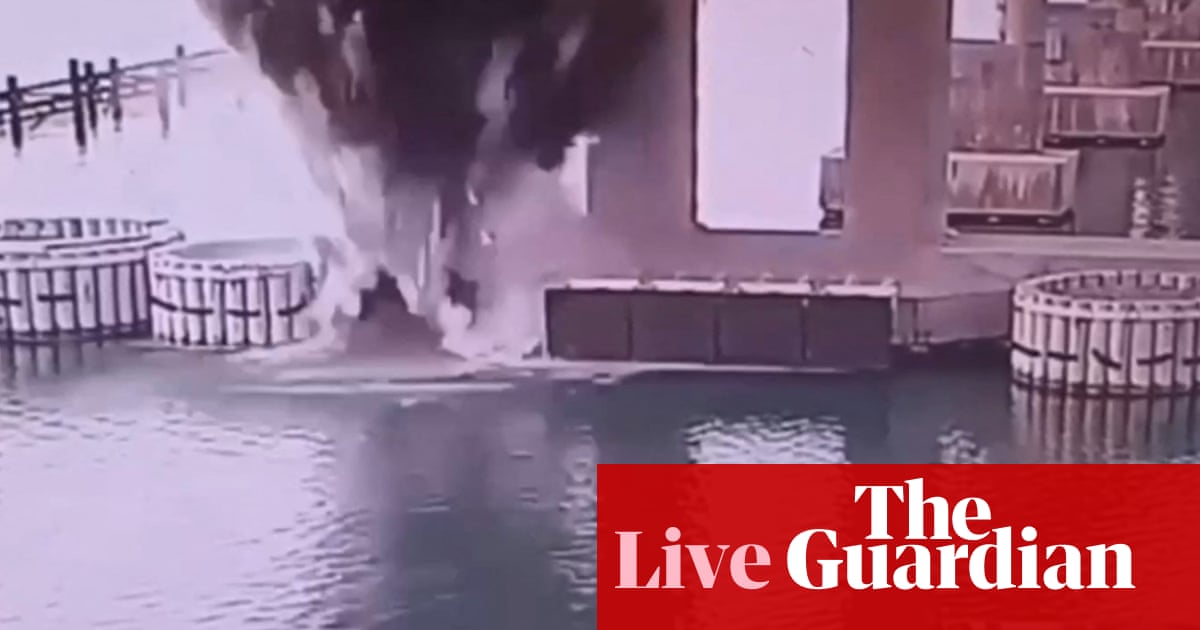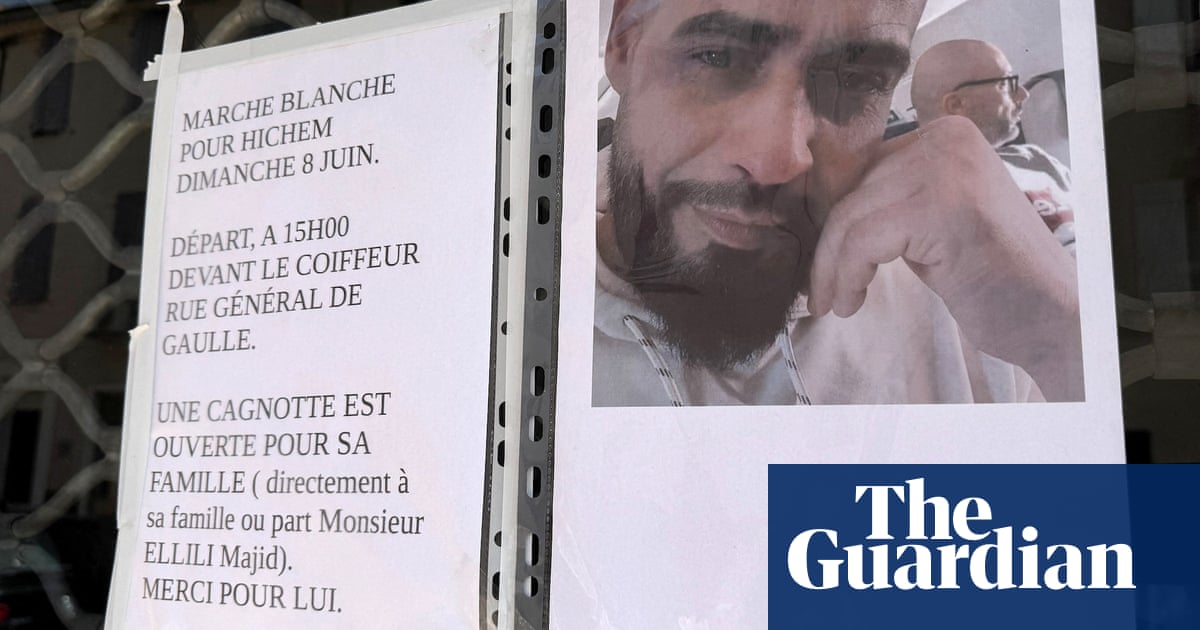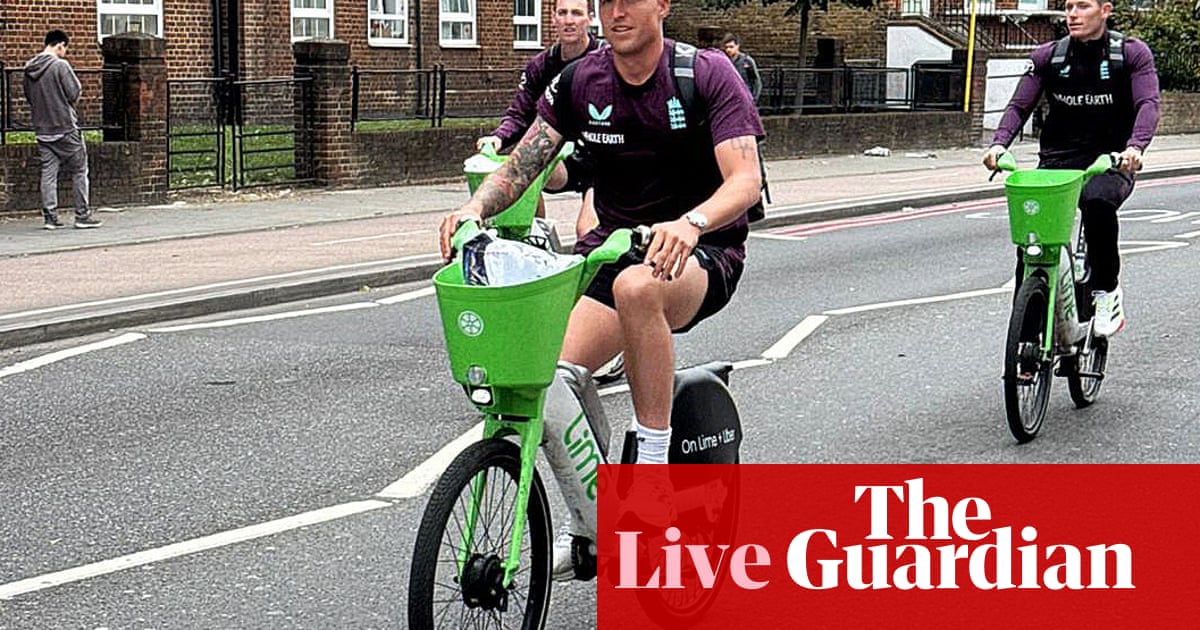The EU executive has insisted it will stay the course on its climate goals, while setting out plans to help Europe’s most polluting industries reach the green transition and watering down environmental reporting demands on companies.
Publishing its “clean industrial deal” on Wednesday, the European Commission said it had a plan to help polluting industries, such as steel and cement, make the switch to the net zero emissions future, as well as boosting clean tech companies, such as firms making electric vehicle charging points.
The commission also published a plan aiming to bring down energy bills for businesses and consumers, as well as controversial proposals to relax environmental reporting requirements on small and medium-sized businesses.
In 2019, before the pandemic, when there appeared to be a broad global consensus around the need for climate action, the EU launched the green deal, a landmark set of laws aiming to transform energy use and set the course to net zero emissions by 2050. But criticism of the rules has grown, against a backdrop of soaring energy prices after Russia’s invasion of Ukraine and intensifying competition from heavily subsidised Chinese companies.
Now the clean industrial deal reaffirms the EU goal of cutting emissions by 90% by 2040, and unveils 40 different measures to speed up the green transition, including faster permits for windfarms and other infrastructure, and changing public procurement rules to favour clean tech made in Europe.
“We think that the clean industrial deal is Europe’s business plan to tackle the climate crisis,” said Teresa Ribera, the European Commission executive vice-president in charge of the green transition. Ribera, the most senior socialist in a centre-right-leaning commission, rejected criticism that the EU was reversing course. “We are not deregulating,” she said. “On the contrary: we are coming to the implementing phase.”
The commission said it would create a new industrial decarbonisation bank with €100bn (£83bn) in new and repurposed public funds, which it said could indirectly leverage €400bn from the private sector.
It outlined a bigger role for the European Investment Bank, including in the provision of guarantees to grid component manufacturers, allowing them to increase production. Experts say hundreds of billions in global investment is needed to build vast networks of electricity grids to hit climate goals.
Ribera, who also leads on competition policy, promised changes to the EU’s state aid rules by June to accelerate renewable energy and industrial decarbonisation.
But the Climate Action Network Europe said there was “no concrete plan to mobilise genuine additional finance” and “little to turn ambition into action”.
The new European Commission, which took office in December with a red-tape-cutting agenda, simultaneously published details on relaxing environmental reporting and due diligence rules for small companies, a far-reaching rethink of laws only agreed in 2023 and 2024.
The commissioners presenting the proposals argued they were not weakening Europe’s green transition, but encouraging businesses to join in the transition and adjusting to a new geopolitical reality.
“Europe knows how to reform itself,” said Stéphane Séjourné, the commissioner in charge of industrial strategy. “We don’t have a chainsaw,” he added, referring to the power tool that the Argentine president, Javier Milei, recently gave Elon Musk as a symbol of slashing red tape. “But we have competent people leading the charge.”
The commission suggested a two-year freeze of its corporate sustainability reporting directive, which entered into force in 2023, while it pursues detailed consultations on exempting small businesses. Similarly, officials said the corporate sustainability due diligence directive, which requires companies with more than 1,000 employees to assess the environmental and human rights impacts of their products, would be delayed by one year, while the commission tries to lighten the load on smaller companies. While SMEs are already exempt from the directive’s requirements, many say they will be caught in burdensome rules because they supply larger companies.
While business groups broadly welcomed the plans, the European Sustainable Investment Forum said the move created “legal uncertainty” and harmed those who had already prepared reports or taken steps to comply.
after newsletter promotion
Anna Cavazzini, a German Green MEP who chairs the European parliament’s internal market committee, said the due diligence directive was being turned into an empty shell and “environmental crimes and human rights violations won’t be prevented”.
Christian Ehler, the energy and industry spokesperson for the centre-right EPP group, said further simplification of environmental legislation “must not be a taboo” and “we have to consider whether some [other] environmental legislation from the past mandate is adequate”.
The red-tape-cutting agenda has also been extended to the EU’s carbon-border adjustment mechanism, which requires companies importing steel, iron, aluminium and other polluting products into the bloc to pay a carbon tariff, levelling out price differences with EU producers.
The commission said it would exempt the smallest importers from the levy, a measure it said would affect 90% of importers, about 190,000 companies, while still covering 99% of emissions.
The clean industrial deal was published alongside an “affordable energy action plan” that aims to save €260bn a year by 2040. Environment campaigners welcomed initiatives to reduce bills and hasten electrification, but expressed alarm at a proposal to fund the building of liquefied natural gas export facilities abroad.
The Greenpeace EU climate campaigner Lorelei Limousin said the proposal neglected other measures that could bring fossil fuel imports down rapidly, such as cutting energy waste. “This commission is vague on cutting energy waste while, to appease Trump, wants to invest in polluting gas infrastructure overseas that will keep Europe hooked on this expensive and dangerous fuel for decades.”
The director general of BusinessEurope, Markus Beyrer, said he was encouraged that the commission had listened to industry, but called for swifter action, saying it was unlikely the measures would be enough to lower short-term energy costs.

 3 months ago
43
3 months ago
43
